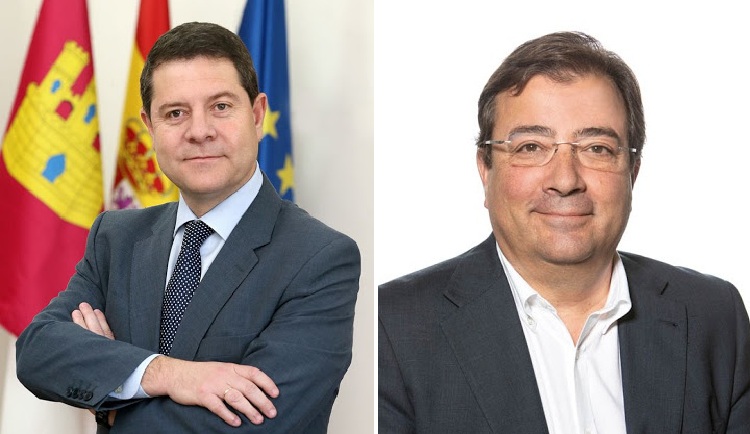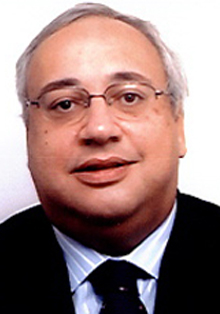Ángel Collado
Pedro Sánchez’s preparations to pardon this summer the Catalan pro-independence leaders convicted of sedition and embezzlement clash with the PSOE’s electoral interests in their regional fiefdoms, as well as mobilising the right wing as a bloc.
The president of the government is preparing to fulfil a commitment with his investiture and censure motion partners that brought him to power in June 2018, which may come at a high price for his own party.
The Catalan separatist MPs (the 13 from ERC, plus the 8 from the former Convergencia) with their leaders imprisoned or on the run from justice make up 21 in Congress and the government coalition (PSOE plus Podemos) only has 150 in a House of 350 members. As Esquerra’s parliamentary spokesman, Gabriel Rufián, made clear to Sánchez when he made him president of the Executive, “without ERC there will be no legislature”.
Oriol Junqueras’ party, the first beneficiary of the announced pardon, can also count on the added support of Bildu, the pro-independence Basque political heirs of ETA, with another five seats in Congress. ERC has already demonstrated its strength to Sánchez by overthrowing the General State Budget in 2019 and forcing the call for elections.
The parliamentary arithmetic obliges the head of the Executive to count on this pro-independence bloc to move forward with any project, just as he needed it to reach the Moncloa Palace. He has delayed the payment of this first bill as long as possible, but the new pro-independence government is already demanding concessions, pardons and indulgence for its leaders, Junqueras and Carles Puigdemont.
The problem for the PSOE of Sánchez’s personal determination to seek judicial relief for the main perpetrators of the attempted coup of 1-O is the clash with his electorate in most of Spain. This is how it has been interpreted by Guillermo Fernández Vara and Emiliano García-Page, the only presidents of autonomous communities that the PSOE has that do not depend on the support of local groups.
The protests within the Socialist Party have come not only from the old guard of the party, such as Felipe González and Alfonso Guerra, but also from its fiefdoms, such as Castilla-La Mancha and Extremadura, where the bulk of its regional power resides. In the Valencian Community, Ximo Puig governs in coalition with the nationalist and populist left and happens to be the only socialist leader or baron willing to defend a pardon for seditionists.
The regional leaders fear that they will be the first to suffer from the wear and tear of their secretary general’s operation to please the separatists. In La Moncloa they are confident that public opinion will forget about Sánchez’s new change of script by the end of the legislature at the end of 2023, but the PSOE barons will be examined at the polls six months earlier. Moreover, by then they will not be able to count on the advantage of facing a right-wing divided in three (as happened in the regional elections two years ago) due to the foreseeable disappearance of Ciudadanos.
As the Madrid elections and subsequent polls confirmed, Sánchez’s coalition with Podemos and the fact that he is relying on separatist parties scares off many moderate voters, including the PSOE’s own. And it is these more ‘classic’ socialist voters that allow García-Page, Fernández Vara (and Javier Lambán in Aragón) to maintain their power.
As critical socialists recognise, Sánchez’s efforts to please Catalan separatists may be acceptable and even interesting from the point of view of the PSC and its more nationalist base, but lethal for the PSOE’s interests in the rest of Spain.
The pardons and the concessions that may follow leave the defence of constitutionalism in the hands of a PP that recovered its morale with the victory in the Madrid elections, ready to integrate what remains of Ciudadanos, without competition for the centre, and even with the aspiration of attracting sectors of social democratic voters scandalised by Sánchez’s drift. Only Vox complicates Pablo Casado’s plan to bring together all that remains to the left of the PSOE.







